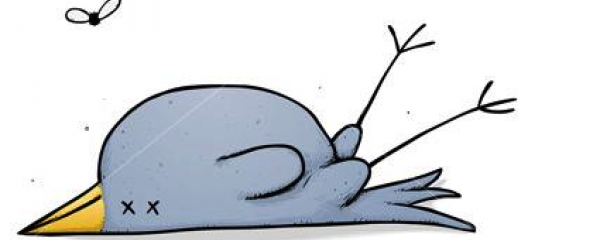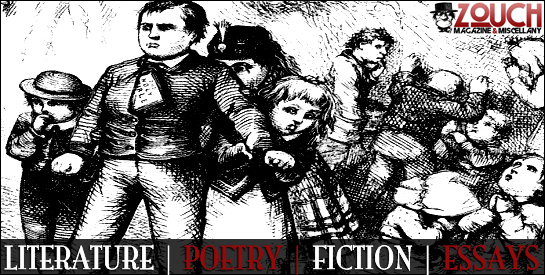
Drink, Don’t Tweet by An Anonymous Author
Commentary, Culture, Digital, EssaysOf all the things that technology has ruined for me, the one I miss most is solitary drunkenness.
Quality drunkenness has the hermetical, meditative and philosophical qualities of a pilgrimage. Two thousand years ago a man would walk forty days in the desert, stumbling in an ecstasy of oblivion if he wanted to learn some truth about himself, but the world has since become rather… full. So for the philosopher, the writer, the artist, drinking alone, stoically and soberly, may be the last refuge for this hermetical urge.
Pardon the details, but I had an epiphany on the toilet. Let me set the scene:
I had the place to myself for an entire weekend, so I decided that I would make a date with a bottle of red, the scraps of writing that I’d been amassing for the last six months, and enough time to mash it all into something worthwhile.
Somewhere along the line I found myself in the bathroom. Sitting on the toilet, the towel hanging on the wall opposite me, I stared for a minute at the texture of the loops and then– picked up my phone and logged onto Facebook. And it hit me: solitude is a thing of the past.
Even when we’re alone, studiously alone, we are tempted by technology to log back in. Social applications and the smart phones that carry them perform a benign function: they alleviate boredom. But unfortunately, like a molecule of carbon monoxide binding itself to a red blood cell with a fit better than any oxygen molecule could, these trinkets perform their task too well, suffocating us. They mimic the social interactions that we crave– having the approximate shape of socialization, but none of the real substance or benefit.
Watch a movie made around 1996. It’s still not old enough to look too old, yet you’ll notice one detail: the smart phone is not ubiquitous. The protagonist walks down the street and looks around, not down. The extras make gabbing noises to each other, not to the handsets mashed against their faces.
In some protest circles, you’ll hear cynical young people talking about “bread and circuses”. I’m sorry to report that the real bread and circuses– the meaningless but all-consuming distractions– of our time don’t live up to these spectres. In what all of the Orwells and Huxleys never could have guessed, the machinery of oppression has been unintentionally subverted, so that instead of being used– as our parents feared 40 years ago– to politically enslave us, it has instead, quite by accident, detached us not only from each other, but from ourselves; by robbing us of our loneliness and our silence, we can no longer know ourselves.
I can see this alienation in the face of one of my younger acquaintances, not quite old enough to have spent his formative years in the time before the instant-social-update explosion occurred. He is a prodigious Facebook user, with hundreds of “friends”, but when I speak with him he has a hard time looking me in the eye.
Loneliness is a critical, bittersweet part of the human experience. We constantly seek to avoid it, but we need it nonetheless. Like any other kind of exercise or diet, it is the hardship of it that strengthens us. With the advent of the instant update, the multitude of nearly-unknown “friends”, the faucet of colourful distraction always ready to be opened, we don’t have to face solitude, don’t have to cope with boredom.
We need loneliness. We need solitude. We need boredom. Our generation needs a Hemingway. You don’t tweet from the sidelines of a gory bullfight. 






















